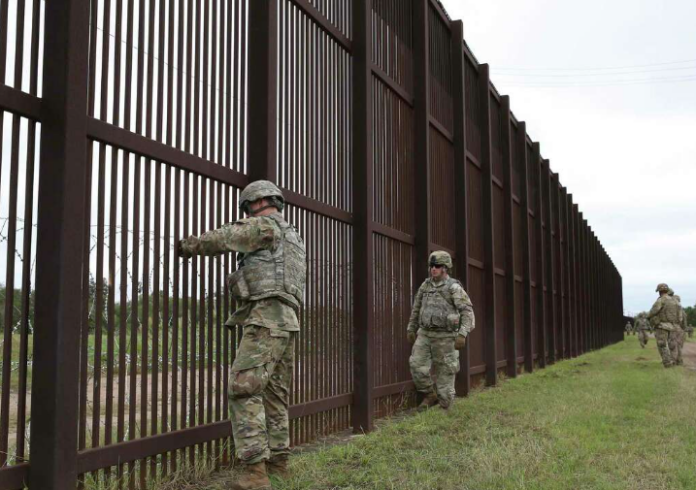In the most recent special session, Texas lawmakers made it unlawful to cross the state’s border without proper documentation. Republicans in Congress want to give police in border states the authority to conduct arrests and file charges against people who cross from Mexico. Despite prior attempts, political obstacles have slowed progress.
Senator Charles Perry and Representative David Spiller have introduced bills (Senate Bill 4 and House Bill 4, respectively) that would require a state judge to order the deportation of unauthorized immigrants to Mexico in lieu of criminal prosecution. The proposals, endorsed by Texas Governor Greg Abbott, fit with Republican ideals on border security.
Concerns about the state’s pursuit for such measures under the Constitution and the possibility of judicial challenges are raised. Opponents say the federal government should handle immigration enforcement. Additionally, the legislation allot $1.5 billion for border walls and $40 million for state trooper patrols at a Houston housing complex.
The state’s stance against illegal immigration from Mexico has hardened as a result of this. However, attorneys anticipate a jurisdictional disagreement between the state and federal governments, which might ultimately end up before the Supreme Court of the United States. The Senate’s approval of the bill demonstrates the state’s persistence in the face of setbacks.
The bills have been sent to the House for review, where their fate is still unknown. Although Republicans in Texas have generally supported the proposals, internal differences over phrasing have slowed development. During the special session, Governor Abbott plans to give top priority to these proposals, stressing the need of securing the border and educating the public.
Potential conflicts with federal immigration law and the role of states in enforcing immigration rules are among the broader consequences of these initiatives. The debated topic exemplifies the tension between federal and state governments over immigration policy making and border security.
The Texas border law is indicative of a resurgent drive for strict state restrictions. Legal challenges are predicted by critics who point up potential conflicts with federal jurisdiction. Funding for border fortifications and law enforcement is included in the laws, demonstrating the state’s seriousness. Disputes inside the House have made it difficult to predict the outcome.




